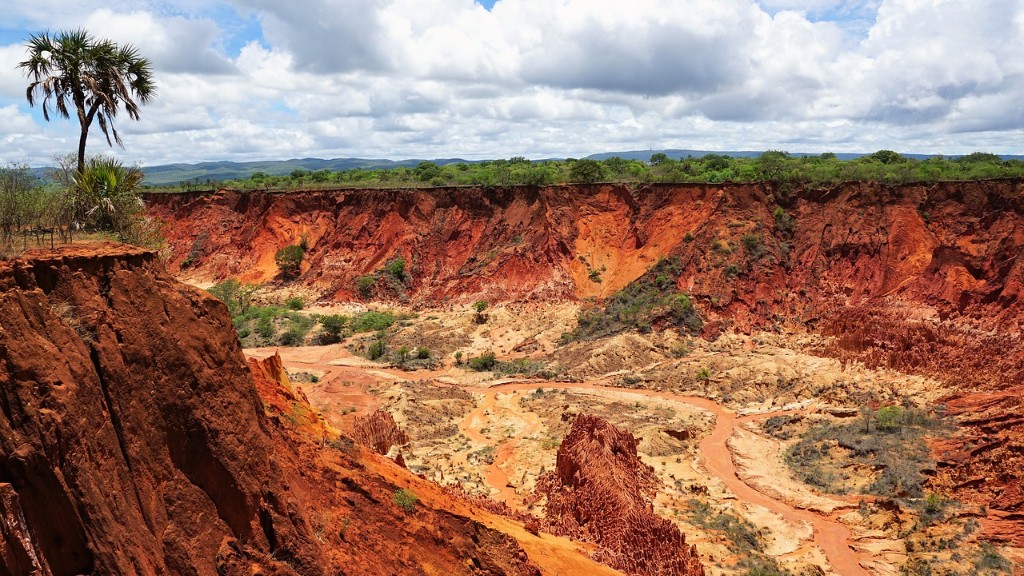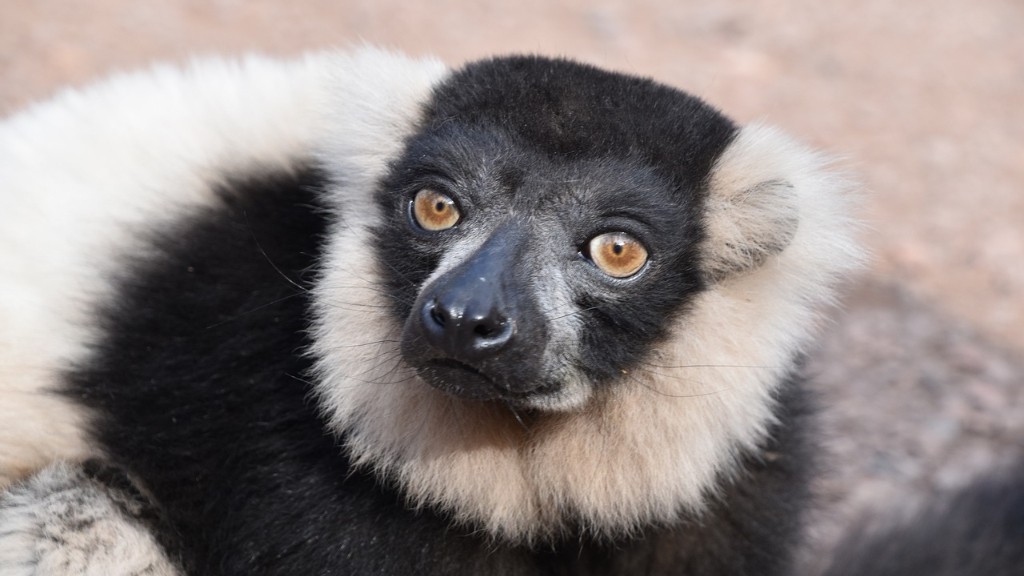Should I Travel to Madagascar?
Madagascar, the fourth largest island in the world, is known for its breathtaking biodiversity, stunning landscapes, and unique culture. However, many travelers often wonder if this enchanting destination is worth the trip. In this article, we will delve into the reasons why you should consider exploring the wonders of Madagascar.
Background Information
Situated off the eastern coast of Africa, Madagascar is home to a diverse range of ecosystems, including rainforests, deserts, and coral reefs. With its abundance of endemic species and national parks, it has been dubbed the “Eighth Continent” due to its unparalleled biodiversity. The island has a rich cultural heritage, blending African, Asian, and Arabian influences, with a distinct Malagasy identity.
Despite its natural and cultural riches, Madagascar remains relatively untouched by mass tourism. This allows travelers to escape the crowds and experience the authenticity of the destination. However, the lack of developed infrastructure and the remote location pose certain challenges that need to be considered.
Relevant Data and Perspectives
According to the World Travel and Tourism Council, tourism in Madagascar contributes significantly to the country’s economy, supporting local communities and conservation efforts. The revenue generated from responsible tourism helps protect the unique flora and fauna found on the island.
Travel experts recommend visiting Madagascar during the dry season (April to October) when the weather is pleasant, and wildlife viewing opportunities are abundant. It is advisable to explore this magnificent destination with a knowledgeable local guide who can navigate the remote regions and provide valuable insights into the culture and nature.
Insights and Analysis
Despite its undeniable attractions, it’s important to consider both the positive and negative aspects of traveling to Madagascar. Here are a few insights to help you make an informed decision:
- Pros:
- Unique Biodiversity: Madagascar is a paradise for nature enthusiasts, offering the chance to see remarkable wildlife, including lemurs, chameleons, and an abundance of bird species.
- Cultural Immersion: The Malagasy people are warm and welcoming, and their vibrant traditions and customs provide visitors with an opportunity to immerse themselves in an authentic cultural experience.
- Adventure: From trekking through spectacular national parks to diving in crystal-clear waters, Madagascar offers adventure seekers endless opportunities to explore its stunning landscapes.
- Cons:
- Infrastructure: The underdeveloped infrastructure in Madagascar may pose challenges for travelers, particularly those seeking luxurious accommodations and modern amenities.
- Health and Safety: It is important to take appropriate precautions, such as getting vaccinations and adhering to safety guidelines, as some regions of Madagascar have limited medical facilities and potential health risks.
- Language Barrier: Although French is widely spoken, the variety of local dialects may hinder communication for those who do not speak the Malagasy language.
Exploring National Parks
One of the highlights of Madagascar is its incredible national parks, each offering a unique experience. Here are four national parks you should consider visiting:
1. Andasibe-Mantadia National Park
This park is known for its lush rainforests and is famous for its indri lemurs, the largest living lemurs in Madagascar. Exploring the dense vegetation and listening to the incredible songs of these primates is an unforgettable experience.
2. Isalo National Park
Featuring stunning sandstone formations, deep canyons, and natural pools, Isalo National Park offers excellent hiking opportunities. The park is also home to several species of lemurs and birds, making it a nature lover’s paradise.
3. Masoala National Park
Located on the northeast coast, Masoala National Park is a tropical rainforest that stretches down to the sparkling Indian Ocean. This park is home to a wide range of wildlife, including the endangered red-ruffed lemur, colorful reptiles, and a vibrant coral reef.
4. Tsingy de Bemaraha National Park
The Tsingy de Bemaraha National Park is a UNESCO World Heritage Site known for its unique karst landscape and impressive limestone formations. Exploring the park’s rugged terrain and crossing its suspended bridges is a thrilling adventure.
Beaches and Marine Life
Madagascar boasts a coastline peppered with beautiful beaches and a wealth of marine life. Whether you are a beach lover or an underwater enthusiast, here are some must-visit coastal areas:
1. Nosy Be
Nosy Be is a small island known for its pristine beaches, crystal-clear waters, and abundant marine life. Diving and snorkeling enthusiasts will delight in exploring the diverse coral reefs and encountering vibrant fish species.
2. Ifaty
Ifaty is an idyllic coastal town with a relaxed ambiance and stunning turquoise lagoons. It offers opportunities for snorkeling, diving, and observing majestic humpback whales during the migration season between June and September.
3. Morondava
The coastal town of Morondava is famous for its avenue of baobabs, a unique sight where imposing baobab trees line the road. The nearby beaches provide the perfect setting for relaxing and enjoying the magnificent sunsets.
4. Anakao
Located in southwestern Madagascar, Anakao is a charming fishing village surrounded by white sandy beaches and coral reefs. It offers a tranquil environment and superb snorkeling conditions.
Conclusion
So, should you travel to Madagascar? The decision ultimately depends on your preferences and expectations. If you crave an unparalleled adventure, a chance to witness extraordinary wildlife and immerse yourself in a vibrant culture, then Madagascar should definitely be on your travel radar. Just be prepared to embrace the spirit of adventure, overcome certain challenges, and open your heart to the wonders that await you on this enchanting island.




